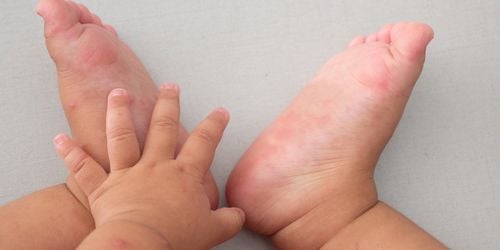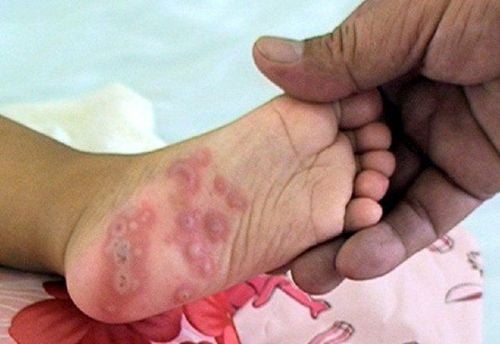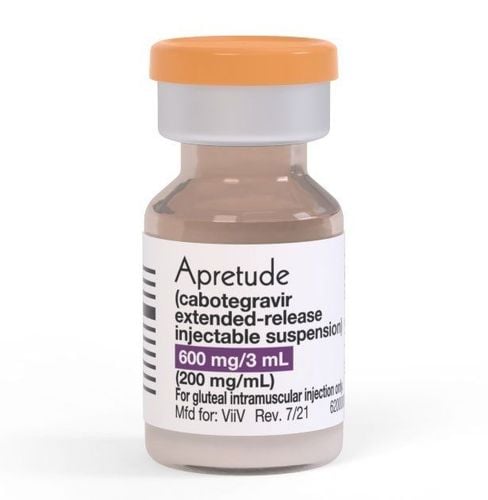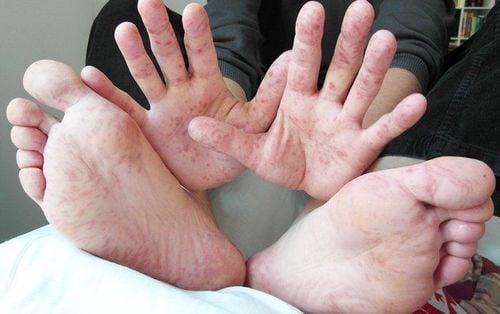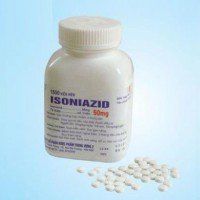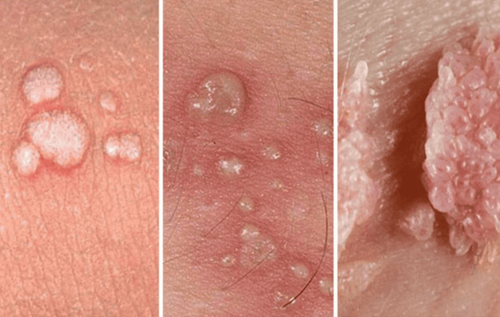This is an automatically translated article.
Hand, foot and mouth disease is an infectious disease caused by a virus. The disease is spread through the intestinal tract. Children are at high risk for hand, foot and mouth disease. Parents need to pay attention and monitor the symptoms of the disease in their children in order to promptly treat and avoid dangerous complications.
1. Subjects at high risk of hand, foot and mouth disease
Children are at high risk for hand, foot and mouth disease, especially children under 5 years old. Adults can also get hand, foot and mouth disease, but the rate is not much.
With a tropical climate like Vietnam, hand, foot and mouth disease can occur all year round. Children who often come into contact with public playgrounds, playgrounds with poor hygiene...will be at high risk of hand, foot and mouth disease.
2. Signs of hand foot mouth disease
In the early stages of the disease, patients with hand, foot and mouth disease have typical signs of fatigue, sore throat, low-grade fever.
Symptoms of hand, foot and mouth disease will appear 2-3 days after infection. Blisters on raised skin, around the mouth, inside the cheeks, palms, feet, buttocks, or around the anus. Blisters are the most obvious feature of this disease. Initially, the rashes appear as small, red, translucent scars but then they gradually become blister-like blisters. This blister is filled with fluid and may burst. After 1-2 weeks, the blister will disappear. Hand, foot and mouth blisters are not a cause for concern because this is not a sign of worsening of the disease.
Some signs of hand, foot and mouth disease are as follows:
Muscle aches. Headache. Irritability, fatigue. Do not sleep very well. Sore throat. Fever. Vomit.
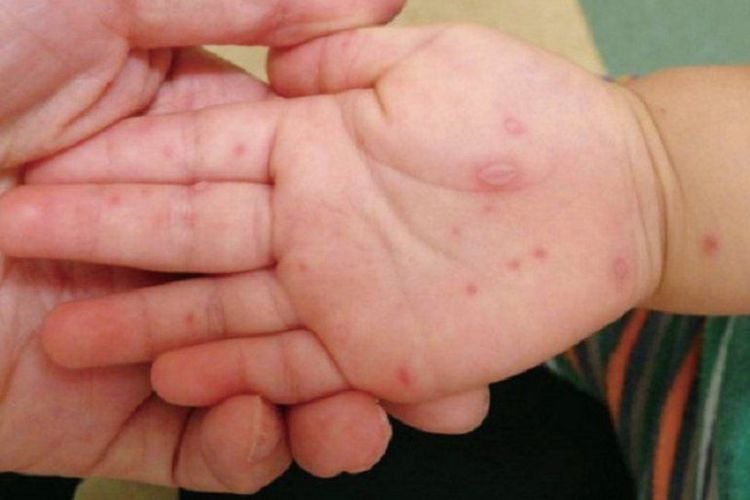
ác triệu chứng của bệnh tay chân miệng sẽ xuất hiện sau khoảng 2-3 ngày nhiễm bệnh
3. Dangerous symptoms of hand, foot and mouth disease
If no complications occur, patients with hand, foot and mouth disease will usually heal after about 7-10 days without leaving scars.
In some cases, the virus attacks the brain, causing serious complications such as encephalitis, meningitis.
Some dangerous symptoms appear when the disease gets worse, such as:
Prolonged high fever (over 39 degrees): The patient has a high fever lasting more than 2 days and does not respond to antipyretic drugs. The inflammatory response process is very strong in the body, it causes neurotoxicity. The patient has rapid breathing, difficulty breathing Lethargy, fatigue, tremors, unsteady walking Startled: this is a sign of neurotoxicity Irritability, difficulty sleeping Vomiting profuse sweating, cold hands and feet, convulsions Kissing anesthesia For children under 12 months of age with hand, foot and mouth disease or those with comorbidities such as congenital heart disease, asthma, nephritis... should be hospitalized to monitor complications of the disease.
4. Treatment of hand, foot and mouth disease
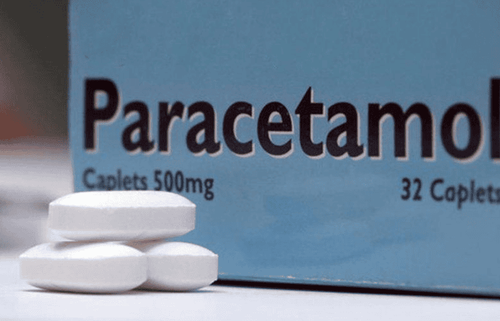
Paracetamol là thuốc hạ sốt thường dùng nếu bệnh nhân có biểu hiện sốt
Currently, there is no specific treatment for hand, foot and mouth disease. The disease can be self-treated at home if there are no unusual developments. Patients should drink water regularly to avoid possible dehydration.
Some drugs to support the treatment of hand, foot and mouth disease include: antipyretic and pain reliever paracetamol, sedative Phenobarbital, chlorpheramin, antibiotic cefotaxime, ceftriaxone when children have infectious complications. Administer intravenous immunoglobulin. There is currently no specific vaccine for the disease.
In case the child has a fever, you can use the appropriate antipyretic for the child. Some methods help relieve the symptoms of hand, foot and mouth disease such as:
Give your child liquid foods, drink plenty of water or cooled milk Avoid salty, spicy, and sour foods if the child's mouth is damaged Always keep the child's hands clean, keep the affected areas clean and open. Wash hands frequently for children, including caregivers. Consult your doctor about medications and dosages of fever-reducing medications. for children Never give aspirin to children. So it can be seen that the blistering hand, foot and mouth nodule is not a serious sign of hand, foot and mouth disease, so you should not be too worried when this sign appears.
Please dial HOTLINE for more information or register for an appointment HERE. Download MyVinmec app to make appointments faster and to manage your bookings easily.




